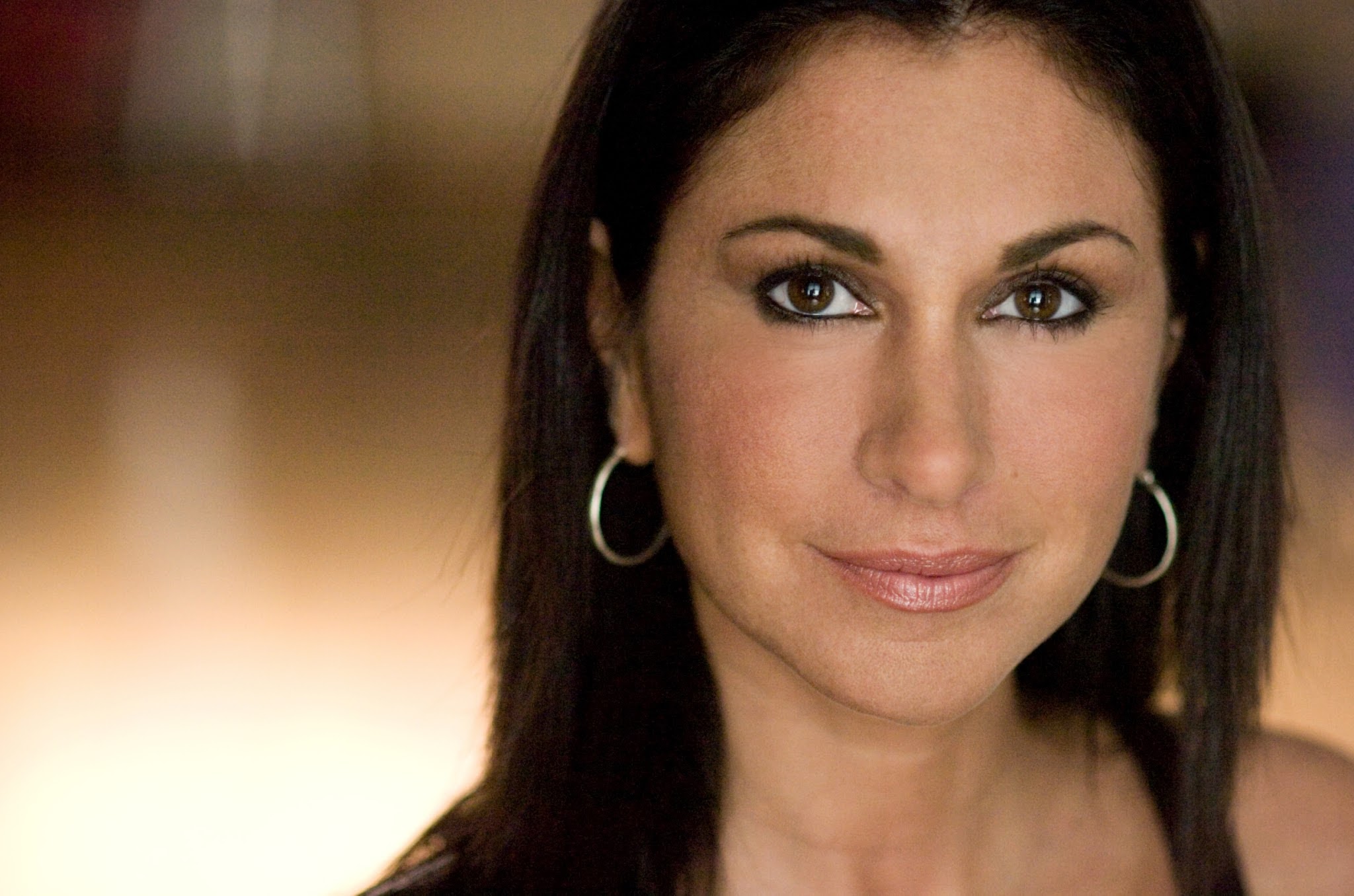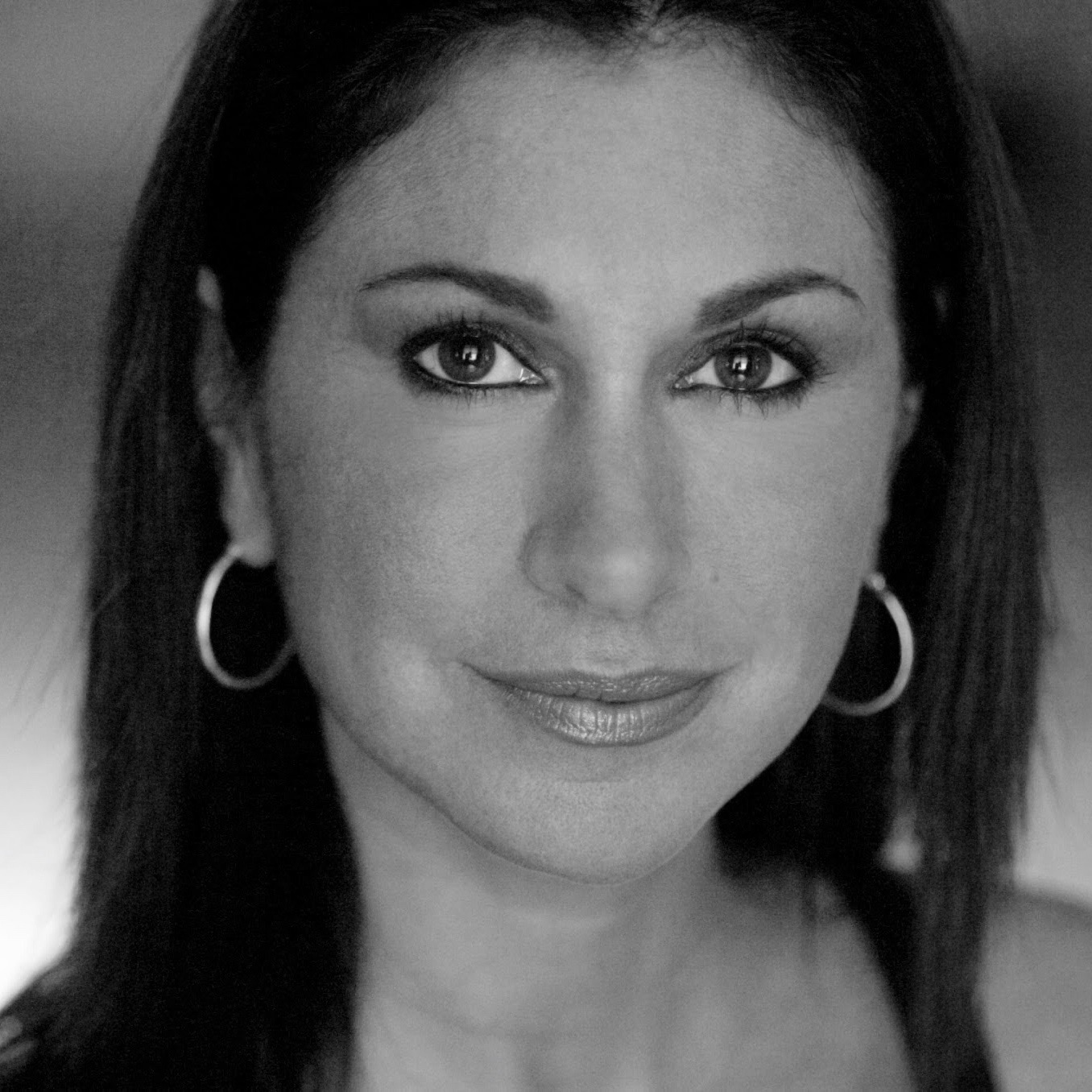
Q: When you direct in film, do you prefer actors always give you the same performance in a scene or do you like actors to give you some variety in takes so you have something different when you head to the editing room?
Thanks for keeping your creativity and ours alive by dialoging today! I don’t feel there’s a better time to be a creative artist and connect with what artists inspire: emotional intelligence, spiritual awareness, empathy, and personal consideration of the human condition.
As a director, my responsibility before production is to get everyone on the same page. I expect the actor to share in the thought and understanding of the moment, but would never expect the human behavior to be identical in each take. As long as all of the elements are in place, it’s celebrated that subtle differences will arise as the actor lives in the moment take to take. These differences are what makes it most interesting for my process in the editing room.
Personally, I actively empower actors because I understand the craft. I would never think of an actor as a puppet. There are founding theorists of directing like Vsevolod Meyerhold for example, who fashion the actor as an “uber marionette”. But I believe the best art comes from mutual respect for each participant’s craft, followed by collaboration. Having said that, the actor is responsible to an understanding of the writer and director’s and maybe even the showrunner’s vision.
The trick is to be responsive in real time and responsible to repeating the moment. The director’s job is to communicate and implement the vision, and then create an environment where you can play your part. Your part is to play a human being. Human beings don’t do the same thing exactly the same way twice. If you have an allergy and you sneeze, the sneeze will be a little different each time, even if it’s in reaction to the same element.
A great moment for an actor is when something happens organically. When that happens, the moment is truthful. This is most satisfying for the actor and the audience alike. You can’t come to that by performing an idea of what someone tells you to do. When given an action, you have to go within your toolbox to figure out how to get there. Then something occurs, and if it’s inspired the director says, let’s keep that. Do it like that every time.
But if you just repeat the result the director liked, it won’t feel human to you or anyone watching. You must include in your process the impulse that got you to the result. The director may only ask for one ‘hilarious sneeze’. But you didn’t come to that sneeze playing the end result; you came to it thinking of what it feels like to be allergic, what you’re allergic to, how that affects you truthfully, and then you sneezed. That work has to be done every time. If you just repeat the result, the acting will be empty, not entertaining, and not believable. The craft requires that you go back to the impetus each time.
This does mean that the result will be slightly different each time, just like in real life. But the director’s job is to craft the scene so that you are both on the same page about each specific circumstance. This in itself will adjust the tone and the moment of the ‘sneeze’. Then it’s your craft that allows you to get there organically to deliver it every time.
“You cannot create results. You can only create conditions in which something might happen.” ― Anne Bogart
“It seems that the greatest difficulty is to find the end. Don’t try to find it, it’s there already.” – Sophia Coppola
Please send your specific questions about the art of acting to staytuned@gmail.com and Kymberly will respond to a different question each week! There are no invalid questions, as long as they pertain to your craft and life as an actor.
Kymberly Harris is an actor’s director. She specializes in character-driven stories, whether the genre is drama, comedy, thriller, or action. Her extensive experience as a method acting coach to professional actors of all ages has led actors to seek her out to direct them towards their best performances in film, television, and theatre projects.





















 More news and opinions than at a Shabbat dinner, right in your inbox.
More news and opinions than at a Shabbat dinner, right in your inbox.